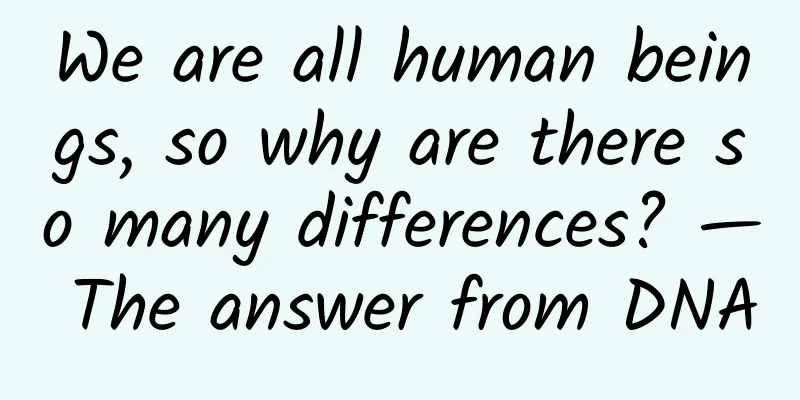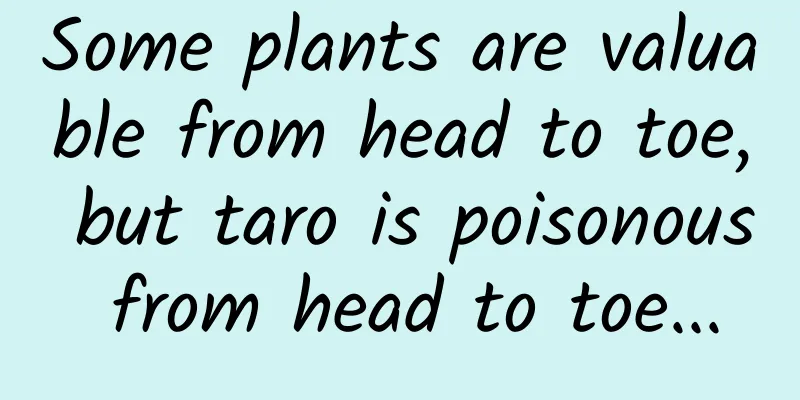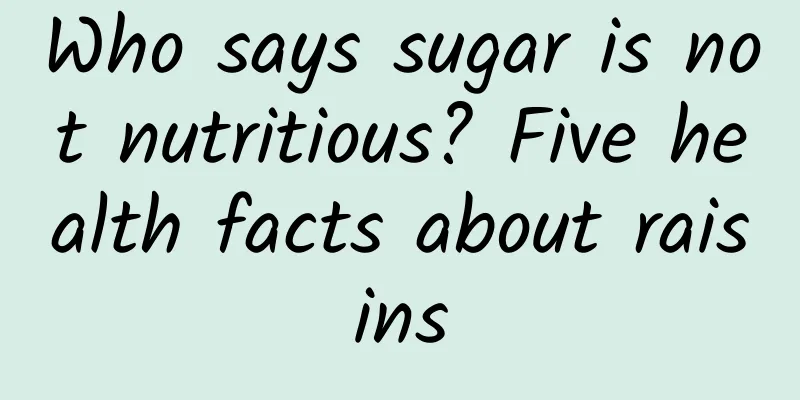We are all human beings, so why are there so many differences? — The answer from DNA

|
"Why is Yao Ming so tall, but I am so short?" "Why is it that one of my two children is good at studying and the other is not?" “Why are some people introverts and some extroverts?” “Why are some smokers more likely to get lung cancer, while others are less likely to get lung cancer?” In life, you may often have similar confusions: we are all human beings, but why are there such big differences in all aspects? In fact, part of the answer to this question is hidden in your DNA. Did you know that the human genome DNA has more than 3 billion pairs of nucleotides in total? More than 99.9% of the DNA sequences are the same between you and me, which makes us roughly the same, for example, we both have two eyes, a nose and a mouth. But at the same time, it means that about 0.1% of the DNA is different between us, and it is this 0.1% genetic difference that makes each of us a unique individual. How are genetic variations classified? If divided according to the range of genetic variation, genetic variation between people can be roughly divided into the following four types: 1. Chromosome number variation Generally speaking, the number of human chromosomes is stable. Most people have 23 pairs (46 chromosomes). One more or one less chromosome will cause changes in related traits. The most typical example of chromosome number variation is trisomy 21, also known as Down syndrome. We know that normal people have two chromosomes in chromosome 21, while Down syndrome patients have one more chromosome 21 than normal people. Because of this extra chromosome, Down syndrome patients usually have severe intellectual disabilities and learning disabilities. 2. Structural variation Structural variation refers to the sequence and position changes of large fragments on the genome. It includes multiple types of variation such as fragment deletion, fragment duplication, copy number variation, fragment insertion and fragment inversion. 3. Short fragment insertion/deletion Short fragment insertion/deletion is relatively easy to understand. It refers to the insertion or deletion of a short fragment (usually less than 50 bases) at a certain position in the genome. 4. Single Nucleotide Polymorphism (SNP) Single nucleotide polymorphism (SNP) is the simplest and most common form of genomic variation. It refers to the DNA sequence polymorphism caused by the change of a single nucleotide. So how many variations are there in the human genome? It is estimated that there are more than 88 million variations in the human genome worldwide (including about 84.7 million single nucleotide polymorphisms, 3.6 million short insertion/deletion variations, and about 60,000 structural variations). But if we only consider you and me, our genomes are not that different, because our sequences at the above 88 million variation sites are likely to be the same. In fact, if we are from the same ethnic group, our genomes are probably 4.1-5 million different (more than 99.9% of which are single nucleotide polymorphisms and short fragment insertion/deletion variations, and there are about 2,100 to 2,500 structural variations). Although these four or five million variant sites are only a small part of the entire genome, they are enough to make us slightly different in all aspects. This is why Yao Ming is so tall, but I am so short, two children in the same family have different academic performance, different people have different personalities, and everyone has different susceptibility to lung cancer. It is these genetic variations that shape you, who are unique and irreplaceable in this world. What is the significance of genetic variation? Although there are so many genetic variations in our genome, in most cases, these genetic variations are neutral, neither harmful nor beneficial. But sometimes, these genetic variations increase people's susceptibility to certain diseases and are harmful to our health. So what is the significance of so many genetic variations in the human genome? First, genetic variation increases the diversity within our own species. Imagine how boring the world would be if you were surrounded by people who were exactly like you. In addition, genetic variation is beneficial to human evolution in order to adapt to the complex and changing environment. We humans, like other species, will continue to produce various favorable and unfavorable variations in the process of reproduction from generation to generation. As the environment we live in is constantly changing, favorable human variations will be retained through natural selection, while unfavorable variations will be eliminated. In the process of continuous selection, these accumulated favorable variations will be beneficial to human evolution, making humans more adaptable to the surrounding environment. References 1. Collins RL, Brand H, Karczewski KJ, et al. A structural variation reference for medical and genetic populations [published correction appears in Nature. 2021 Feb;590(7846):E55]. Nature. 2020;581(7809):444-451. doi:10.1038/s41586-020-2287-8 2. 1000 Genomes Project Consortium, Auton A, Brooks LD, et al. A global reference for human genetic variation. Nature. 2015;526(7571):68-74. doi:10.1038/nature15393 3. The original materials of some pictures are provided by Servier Medical Art (http://www.servier.com). Please indicate the source when reprinting. |
<<: Will you get more wet walking in the rain or running in the rain?
>>: Rare! The explosive "blue tears" shocked the screen! What are "blue tears"?
Recommend
Guidelines for Advertising in the Tourism Industry
During the peak travel season at the end of the y...
Learn Korean pronunciation from scratch
A very comprehensive Korean pronunciation course, ...
5 golden rules for designing mobile emails
Email design on mobile devices involves more than...
APP promotion: How to acquire users through cold start?
Acquiring users is the beginning of achieving use...
How did the holiday end so quickly? What influenced your feelings?
There is an old saying that "time flies by l...
Just move your fingers and you will receive money! Tutorial on how to use the Personal Income Tax App to refund your taxes
[[385029]] Personal income tax refunds are availa...
The three major hacker groups that keep Americans awake at night
[[122276]] In light of recent hacker attacks, the...
BYD: BYD's cumulative sales of new energy vehicles in the first eight months of 2022 reached 978,800 units, a year-on-year increase of 267.31%
BYD released its August sales report, which showe...
Wanmen University - Python programming basics for beginners fun practical course
Baidu Netdisk download location: r-67-Wanmen Univ...
Why can’t we stay in the last room of the hotel?
One minute with the doctor, the postures are cons...
The first year of in-car AI: Volkswagen and BMW both rely on large American models, while domestic car companies develop their own or cooperate with Baidu
During CES 2024, Volkswagen of Germany announced ...
8.18 The bumpy love stories of Internet tycoons
[[123283]] "Getting promoted, getting a rais...
How to effectively improve the conversion effect of information flow?
The cost remained at 180 a few days ago, why did ...
Why did LeEco, which raised 16.8 billion yuan, still fight with suppliers who wanted to collect debts?
"LeEco has reached its daily limit, please h...




![[Smart Farmers] It’s hot, hot, hot! Here’s a “heat-proof cooling patch” for you](/upload/images/67f22c2b6b682.webp)




